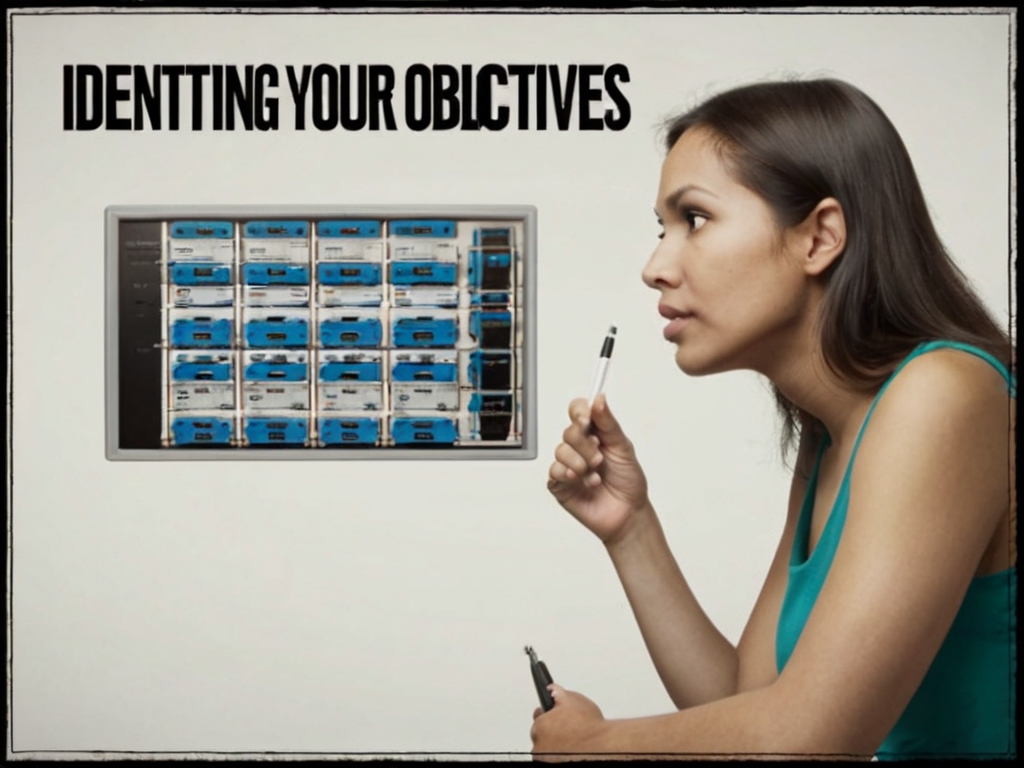In today’s digital landscape, personal branding on social media is more critical than ever for professionals seeking to elevate their careers. A well-crafted personal brand can set you apart, showcase your unique value, and open doors to opportunities that might otherwise remain closed. This comprehensive guide will walk you through the essential steps to build and maintain a powerful personal brand on social media.
Understanding Personal Branding
What is Personal Branding?
Personal branding is the strategic practice of marketing yourself and your career as a brand. It involves defining your unique value proposition and consistently communicating it to your audience. Think of it as your professional reputation, enhanced and amplified through deliberate marketing efforts.

Importance of Personal Branding for Professionals
For professionals, personal branding is not just a buzzword; it’s a necessity. A strong personal brand can lead to increased visibility, credibility, and influence within your industry. It helps you build trust with your audience, attract new opportunities, and establish yourself as a thought leader.
Setting Clear Goals

Identifying Your Objectives
Before you start building your personal brand, it’s crucial to identify your objectives. What do you want to achieve with your personal brand? Are you looking to advance your career, attract clients, or become a recognized expert in your field? Clear objectives will guide your strategy and help you stay focused.
Aligning Personal and Professional Goals
Your personal brand should reflect both your personal values and professional aspirations. Aligning these goals ensures authenticity and coherence in your messaging. This alignment makes your brand more relatable and trustworthy, as it genuinely represents who you are.
Defining Your Brand Identity
Recognizing Your Strengths and Unique Traits
To stand out, you need to recognize and highlight what makes you unique. Are you known for your creativity, problem-solving skills, or expertise in a particular niche? Identifying these strengths and unique traits will help you craft a brand that is distinct and memorable.

Crafting Your Personal Brand Statement
Your personal brand statement is a concise way of expressing who you are, what you do, and what makes you unique. It should be clear, memorable, and reflect your professional persona. This statement serves as the foundation of your brand messaging and helps you stay consistent across all platforms.
Choosing the Right Social Media Platforms

Understanding Platform Demographics
Not all social media platforms are created equal. Understanding the demographics of each platform can help you choose the ones that align best with your audience. For example, LinkedIn is ideal for B2B connections and professional networking, while Instagram might be better suited for creative professionals looking to showcase their work.
Matching Platforms with Your Brand and Goals
Select platforms that best suit your brand and goals. If you’re a visual artist, platforms like Instagram or Pinterest might be more effective. If you’re in the corporate world, LinkedIn is likely your best bet. The key is to focus on where your target audience spends their time and tailor your content accordingly.
Creating Engaging Content
Types of Content to Share
Content is the lifeblood of your personal brand. Share a mix of content types to keep your audience engaged. This can include blog posts, videos, infographics, podcasts, and more. The key is to provide value, whether through educational content, industry insights, or entertaining stories.

Content Calendar and Consistency
Consistency is crucial in personal branding. A content calendar can help you plan and schedule your posts, ensuring that you remain active and visible to your audience. Regular posting helps build anticipation and keeps your audience engaged.
Building and Engaging with Your Audience

Strategies for Growing Your Audience
Growing your audience requires a strategic approach. Use hashtags, engage in conversations, collaborate with other professionals, and share content that resonates with your target audience. Participate in relevant online communities and contribute value to discussions.
Engaging with Followers and Building Relationships
Interaction is key. Respond to comments, join relevant groups, and participate in discussions. Building genuine relationships with your followers can enhance your brand loyalty. Show appreciation for their support and foster a sense of community around your brand.
Networking and Collaborations
Leveraging Professional Networks
Networking is an essential part of personal branding. Leverage your existing professional networks to expand your reach. Attend industry events, webinars and engage with peers online. Building strong connections can lead to collaborations and opportunities for growth.

Collaborating with Influencers and Industry Leaders
Collaborations can amplify your brand. Partnering with influencers or industry leaders can introduce you to a wider audience and enhance your credibility. Look for mutually beneficial partnerships that align with your brand values and goals.
Monitoring and Adjusting Your Strategy
Using Analytics Tools
Regularly monitor your social media performance using analytics tools. These insights can help you understand what’s working and what isn’t, allowing you to tweak your strategy accordingly. Metrics such as engagement rates, follower growth, and content performance are essential for informed decision-making.

Adapting to Trends and Feedback
Social media trends evolve rapidly. Stay updated with the latest trends and be open to feedback from your audience. Adapting to these changes can keep your brand relevant and engaging. Incorporate feedback into your strategy to continually improve and meet your audience’s needs.
Personal Stories or Case Studies

Real-life Implications through Individual Stories
Personal stories and case studies can illustrate the real-life impact of personal branding. Share success stories of how building a strong personal brand has benefited you or others in your industry. These narratives can be powerful motivators and provide practical insights for your audience.
Expert Insights
Quotes or Advice from Industry Professionals
Incorporate quotes or advice from industry professionals to add credibility and depth to your content. These insights can provide valuable perspectives and enhance the authority of your brand. Reach out to experts for interviews or feature their work in your content.
Conclusion
Building a strong personal brand on social media is a dynamic and ongoing process. By setting clear goals, understanding your brand identity, choosing the right platforms, creating engaging content, and actively engaging with your audience, you can establish a powerful personal brand that opens doors to new opportunities. Remember, consistency and authenticity are key.
FAQs
1. How often should I post on social media?
It depends on the platform. For instance, posting once a day on Instagram and LinkedIn is effective, while tweeting multiple times a day on Twitter is beneficial. The key is consistency.
2. Can I build a personal brand if I’m introverted?
Absolutely! Personal branding can be tailored to suit your personality. You can create thoughtful, insightful content that reflects your unique perspective without being overly extroverted.
3. How do I handle negative feedback?
Respond professionally and constructively to negative feedback. View it as an opportunity to improve and show your audience that you are open to constructive criticism.
4. Is it necessary to be on every social media platform?
No, it’s better to focus on a few platforms that align with your goals and where your target audience is most active. Quality over quantity is the mantra here.
5. How long does it take to build a strong personal brand?
Building a personal brand is a long-term commitment. It can take months or even years to establish a strong presence, but the ongoing effort will pay off in the long run.


